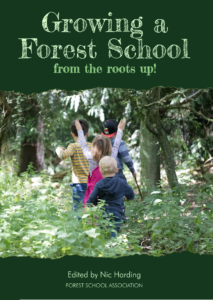Emotional resilience, the ability to adapt to challenges and bounce back from setbacks, is a crucial aspect of child development that has garnered attention in Forest School research. Dr. Alice Sterling Honig, a renowned developmental psychologist, has studied the emotional benefits of outdoor play extensively.
Dr. Honig’s research demonstrates how forest school experiences, with their emphasis on exploration, risk-taking, and connection to nature, can foster emotional resilience in children. Through unstructured play in natural settings, children learn to manage stress, build self-confidence, and develop coping skills.
Another influential figure is Dr. Gillian McInnes, whose research explores the social-emotional aspects of forest school education. Her studies highlight the importance of peer interactions, cooperation, and communication in outdoor learning environments. Dr. McInnes’ work underscores how Forest School can cultivate empathy, teamwork, and emotional intelligence in students.
While these studies offer valuable insights into the emotional benefits of Forest School education, there are areas that require further exploration. One such area is the impact of nature-based interventions on children with trauma or adverse experiences. Understanding how Forest School programs can support healing and emotional well-being in these children is crucial for developing inclusive and supportive practices.
Additionally, research on the role of nature connection in building emotional resilience is an emerging field. How does a sense of belonging to nature influence children’s ability to navigate challenges and develop a positive self-concept? Delving into these questions can inform educators on fostering deeper connections to the natural world within Forest School settings.
In conclusion, the research on emotional resilience in Forest School settings, led by scholars like Dr. Alice Sterling Honig and Dr. Gillian McInnes, highlights the profound impact of nature-based experiences on children’s emotional development. As we continue to explore these avenues, we can cultivate environments that nurture resilient, empathetic, and emotionally intelligent individuals through Forest School practice.




